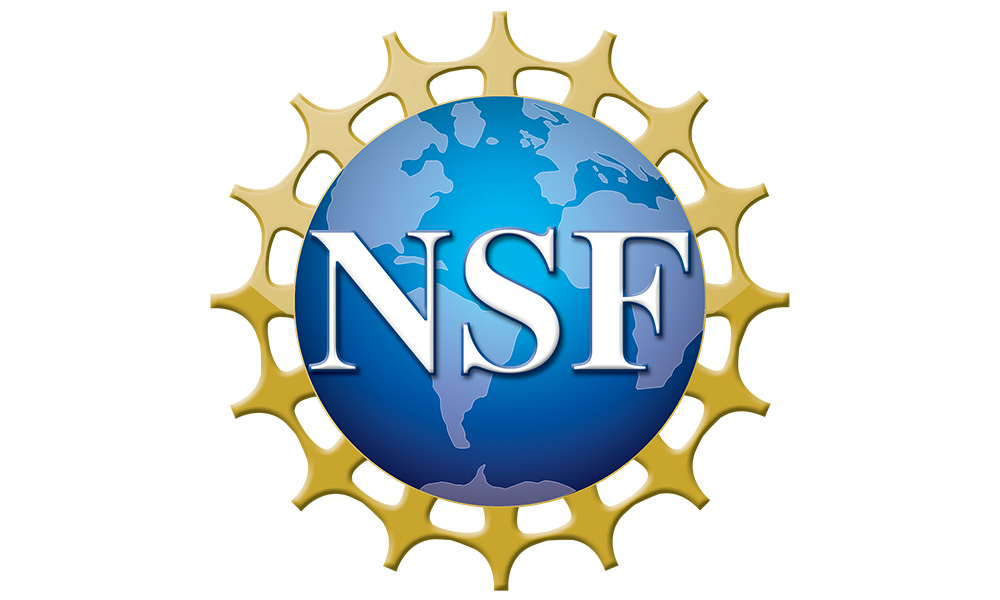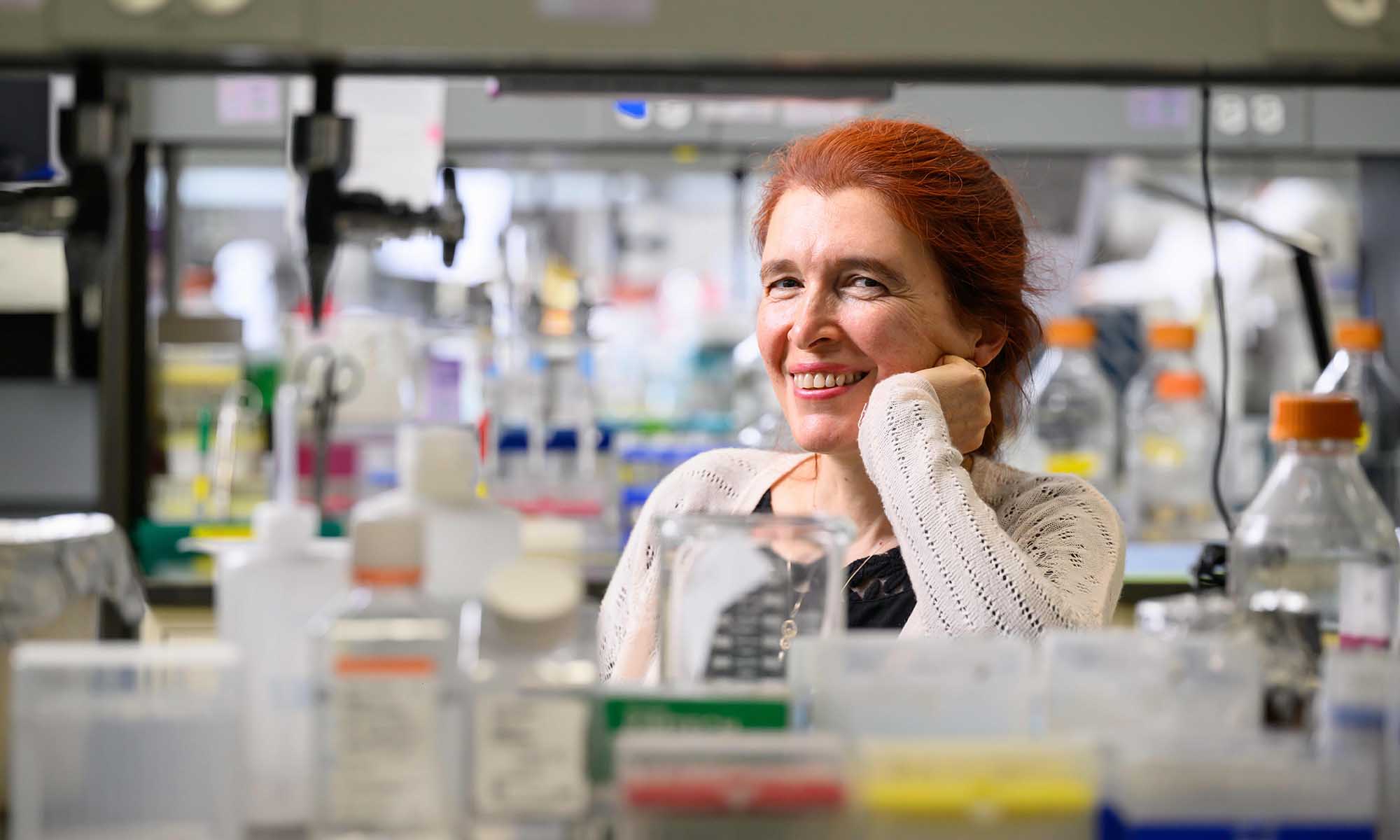University of Rochester researchers have received the National Science Foundation’s most prestigious award for early-career faculty.
The breadth and depth of University of Rochester research is reflected in projects that its researchers will pursue as recipients of the Faculty Early Career Development (CAREER) award from the National Science Foundation (NSF).
The award—the NSF’s most prestigious recognition for early-career faculty members—“embodies NSF’s commitment to encourage faculty and academic institutions to value and support the integration of research and education” and recognizes individuals “who have the potential to serve as academic role models in research and education and to lead advances in the mission of their department or organization.”
CAREER awards provide recipients with five years of funding to help lay the foundation for their future research.
Dan Bergstralh, an assistant professor of biology, studies how epithelia, the most common type of tissue in the human body, are built during development and maintained through the lifespan of an organism. Cells are building blocks for tissues and organisms, and they need to be correctly placed in order to make functional structures. The direction in which a cell divides with respect to the tissue around it contributes to tissue shape. Bergstralh’s CAREER award will support his research on the molecular mechanisms that determine how cells “decide” the direction of division. Bergstralh will use advanced microscopy and data from the genome-editing tool CRISPR. The research has broader applications in cancer research, as cellular disorganization is suspected to facilitate cancer and 80 to 90 percent of all human tumors derive from epithelial cells.
- Read more about Bergstralh’s project.
Kathryn Knowles, an assistant professor of chemistry, studies the fundamental properties of semiconductors made of nanoscale materials. Knowles’s CAREER award will support her research on mixed-metal oxide nanocrystals and how the composition of nanocrystals affects their chemical behaviors. The inexpensive and nontoxic composition of mixed-metal oxide nanocrystals, their ability to absorb sunlight, and their stability in withstanding electrochemical degradation make them ideal candidates for applications in alternative energy, including solar energy conversion and energy storage technologies. The nanocrystals Knowles will study also have the potential, in the presence of sunlight, to facilitate the rapid degradation of toxic substances, such as dyes, pesticides, and herbicides, that pollute water sources. She will develop new strategies to access mixed-metal oxide nanocrystals that have desirable optical, electronic, and chemical properties but that are difficult to create synthetically.
- Read more about Knowles’s project.
Kathryn Mariner, the Wilmot Assistant Professor of Anthropology and Visual and Cultural Studies, will study how alternative networks of care are formed within local marginalized communities during times of social isolation and precarity. As communities adapt to the uncertainties of global pandemics and societal unrest, it’s important to consider new cultural forms that develop in the wake of social rupture. The project provides funding to train both graduate and undergraduate students in methods of empirical research and scientific data collection and analysis, while broadening the participation of groups historically underrepresented in science. Mariner will collaborate with universities and local communities to build a scientific infrastructure that can effectively examine these issues. She will also make it a priority to increase public literacy about science and the scientific method by making the project’s findings accessible within a range of public settings.
- Read more about Mariner’s project.
Yuhao Zhu, an assistant professor of computer science, will use his CAREER award to design interacting software and hardware mechanisms that can increase the performance and energy efficiency of smaller and smaller transistorized chips. These chips are clustered with a wide variety of hardware accelerators, which increase the speed and performance of individual algorithms. Zhu will design these mechanisms in the context of an archaeological project with students at the University’s Ghana Field School: he’ll create software to enable data-rich scans of the entire structure of the historic Elmina Castle in Ghana, including its individual rooms. The scans, taken by the students, will be recreated on virtual reality goggles and other devices, allowing students and researchers thousands of miles away to virtually walk into and explore the castle.
- Read more about Zhu’s project.
The NSF CAREER awards are also designed to integrate faculty research with the education of students. All of the winners directly supervise undergraduate researchers as part of their projects.
Editor’s note: This story was updated on November 11, 2024.




